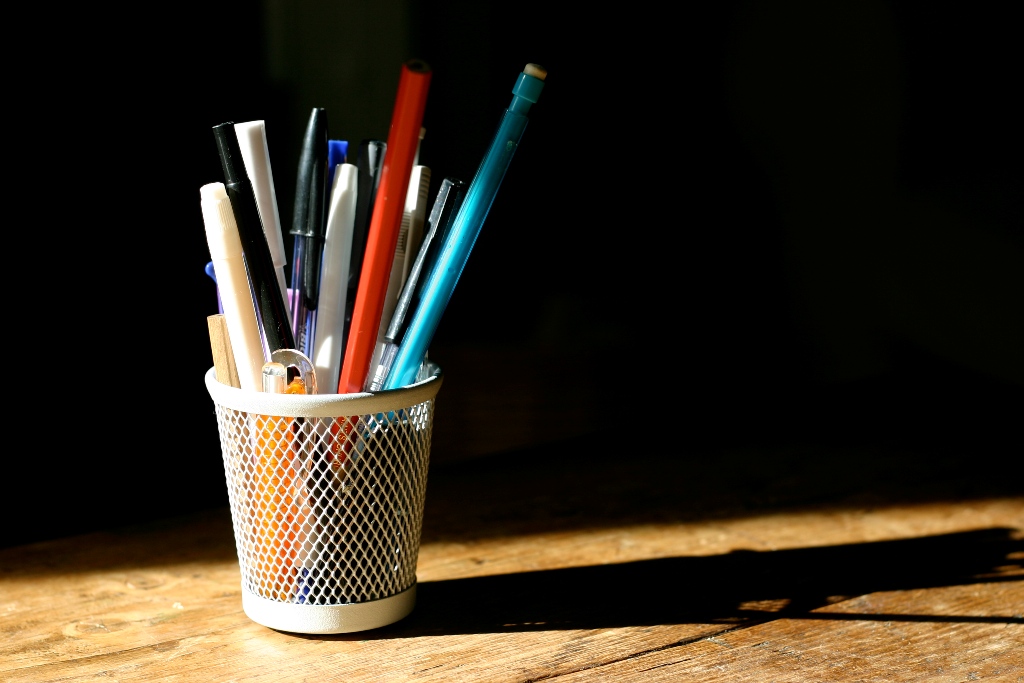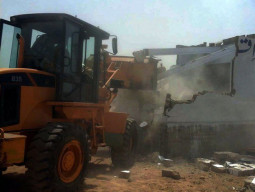
As much as 80 per cent of Pakistan's population has access to modern communication facilities, according to data released by the Pakistan Telecommunication Authority. None of these 80 per cent reside in Mubarak Village, a remote fishing village in the suburbs of Karachi.
Far from Karachi's hubbub, at a distance of 40 kilometres, the village lies along the shoreline to the city's west. One of the oldest coastal villages in the port city's suburbs, its 10,000 residents form an island - not in a literal sense - in the absence of modern communication infrastructure and facilities, having little contact with the metropolis.
Consequently, life in the village is the same as it was many years ago, in marked contrast to the development witnessed in most areas of Karachi.
In recent days, a six-month-long lockdown and closure of schools accentuated the polarity, when students in Mubarak Village were unable to continue taking classes due to the lack of internet and electricity.
Following the imposition of the lockdown, students across the country turned to online learning, but not those of Mubarak Village. Almost none of them had access to the internet and very few had the smartphones needed to attend online classes, let alone laptops or computers.
Eventually, when physical classes resumed, these students found themselves in a fix, being pushed to study the course for the next class, without completing that of the previous one.
"Though, like the rest of Sindh, the village's schools have reopened, students have been left standing exactly where they were when the schools closed," decried Sarfaraz Haroon, a social activist and former councillor.
He said around 350 students enrolled in Mubarak Village Government Boys Secondary School had resumed their education, but many of them had been unable to retain what they were taught the previous year.
With a wide gap yet to be filled, the future of students in Mubarak Village is sinking in the mire of uncertainty.
And according to Haroon, there are little chances of this gap being plugged.
Holding the Sindh government and the provincial education department responsible for the situation, he decried the already low standards of education in the village's schools.
There are just seven teachers who regularly attend classes to teach 350 students in two shifts, he said, further claiming that others, including the principal, didn't even bother to come to school.
Besides, the village lacks other basic facilities like potable water, electricity, healthcare services and gas.
And the lockdown, resulting in the closure of businesses, made matters worse, hitting the village's fishermen hard and depriving them of the meagre income on which they used to rely. There was a ban on selling fish, while all hotels and markets remained closed.
Having no other substantial means of earning, these fishermen and their families survived on little, living hand to mouth. Adding to the misery, businesses targeting tourists also suffered with no outsider visiting the scenic village for long months.
Apart from this, residents of the village have to travel at least seven to eight kilometres to access mobile phone network and call for help in case of medical emergencies such as childbirth, accidents and heart attacks.
The nearest ambulance service facility is located at a distance of 35km in Mauripur and the nearest civil hospital is situated 50km away.
This is how life is in Mubarak Village - difficult and trying amid a scenic landscape that remains untouched and nearly cut off from the rest of the city.
Published in The Express Tribune, October 5th, 2020.



1719660634-1/BeFunky-collage-nicole-(1)1719660634-1-165x106.webp)

1732276540-0/kim-(10)1732276540-0-165x106.webp)












COMMENTS
Comments are moderated and generally will be posted if they are on-topic and not abusive.
For more information, please see our Comments FAQ